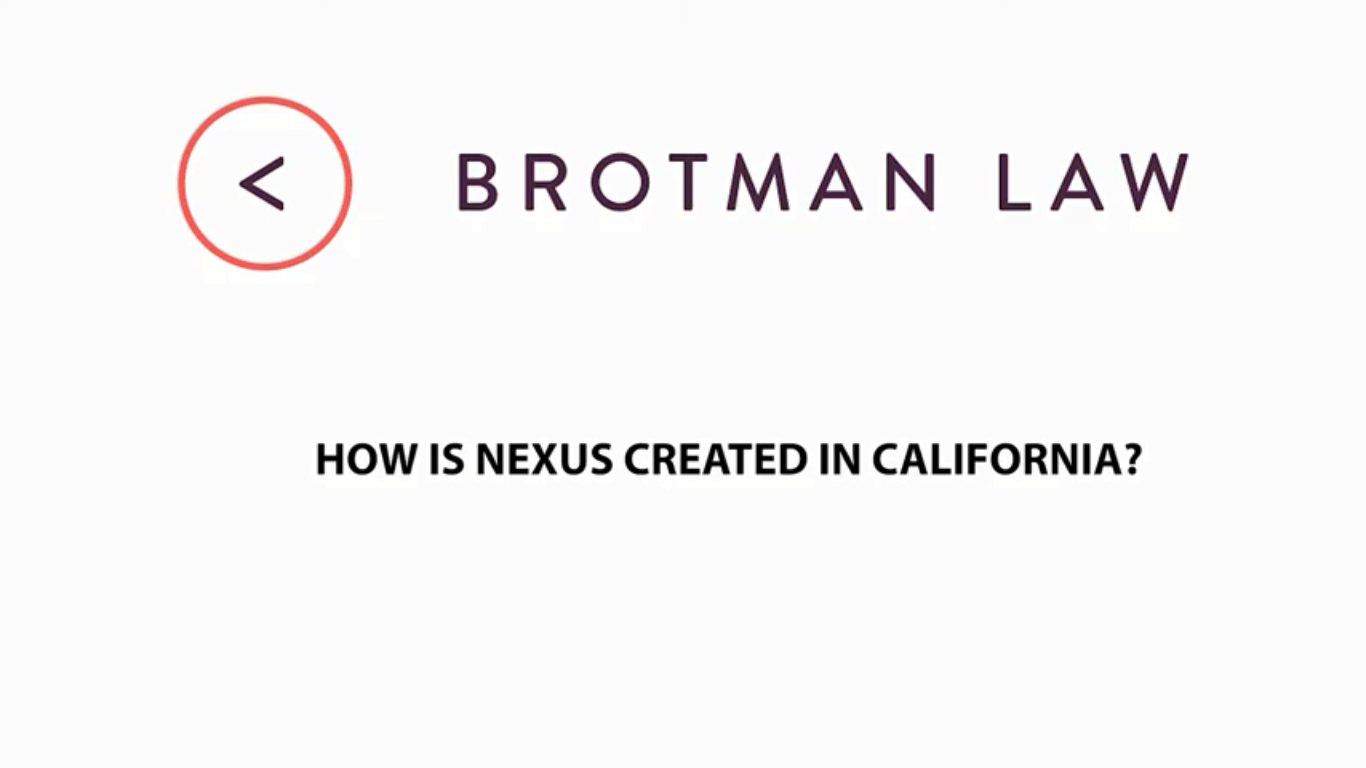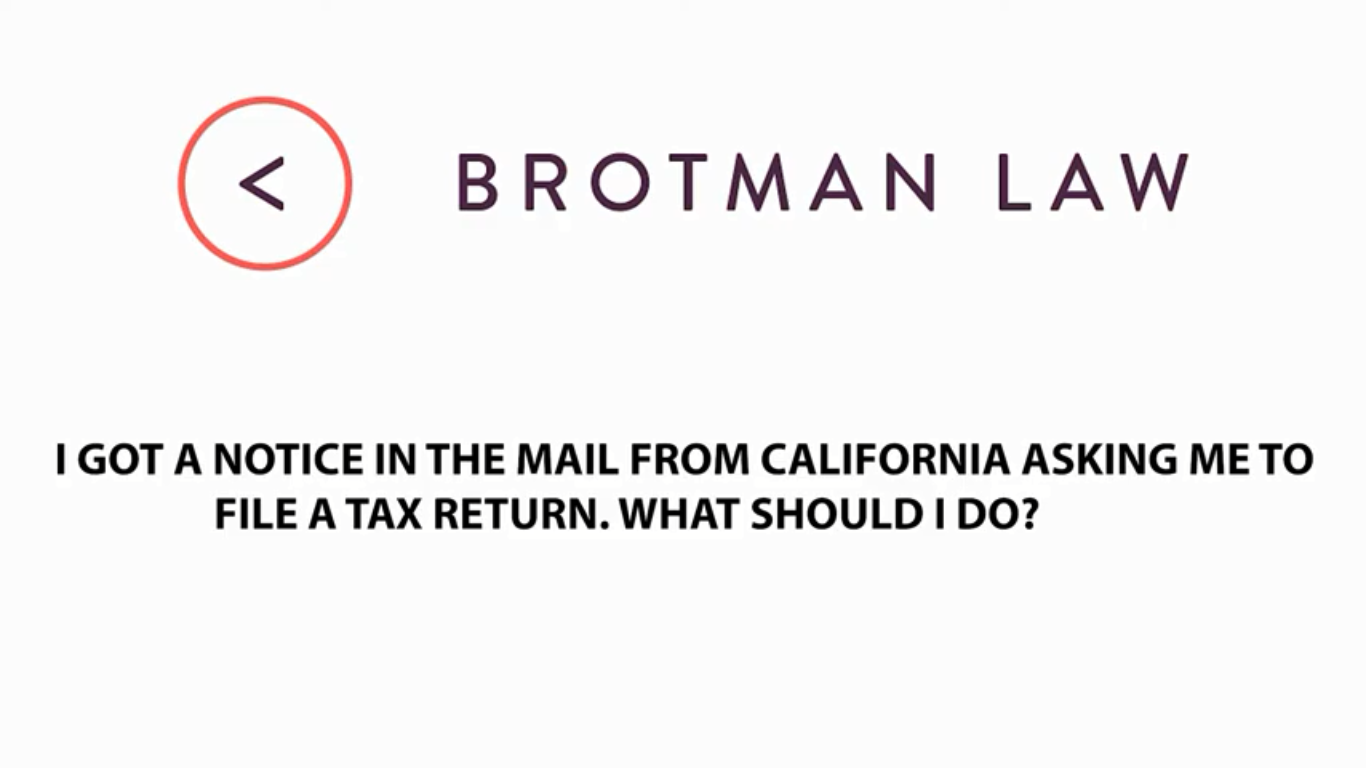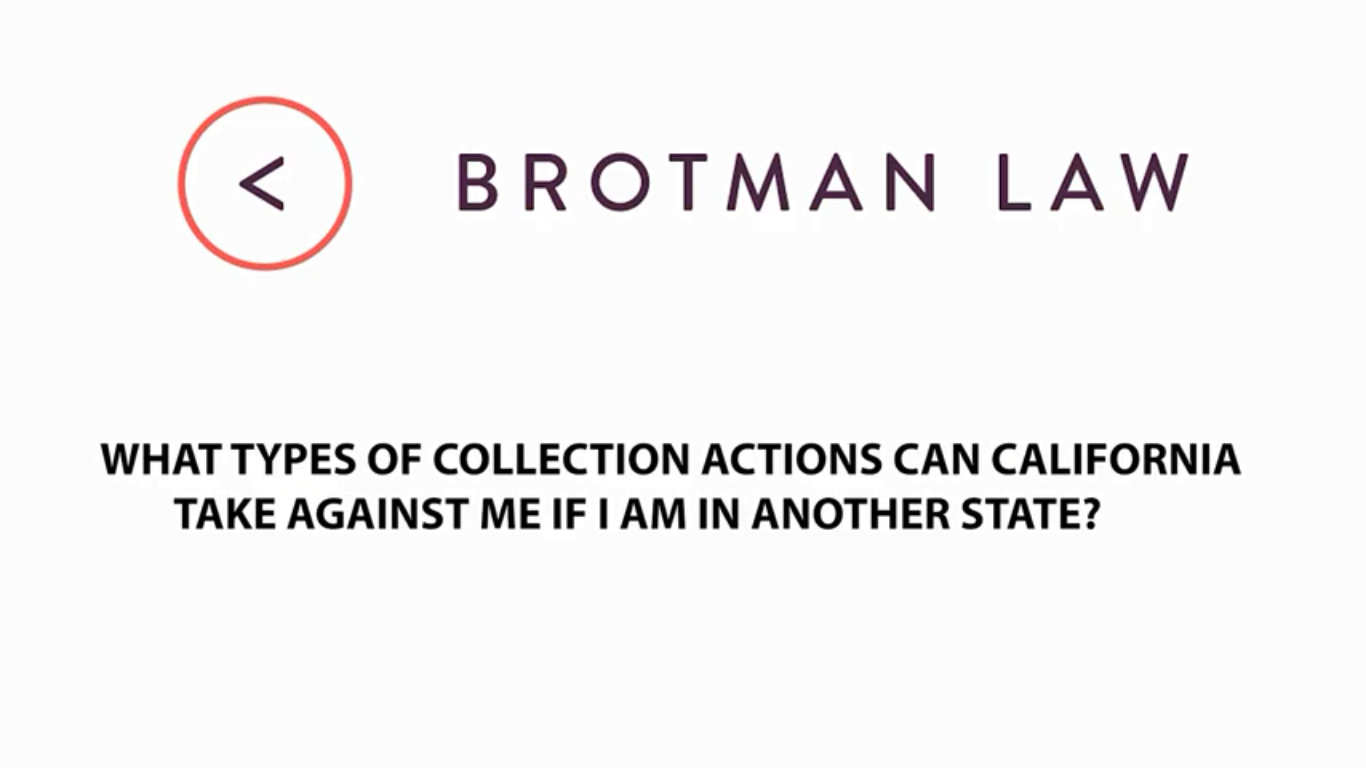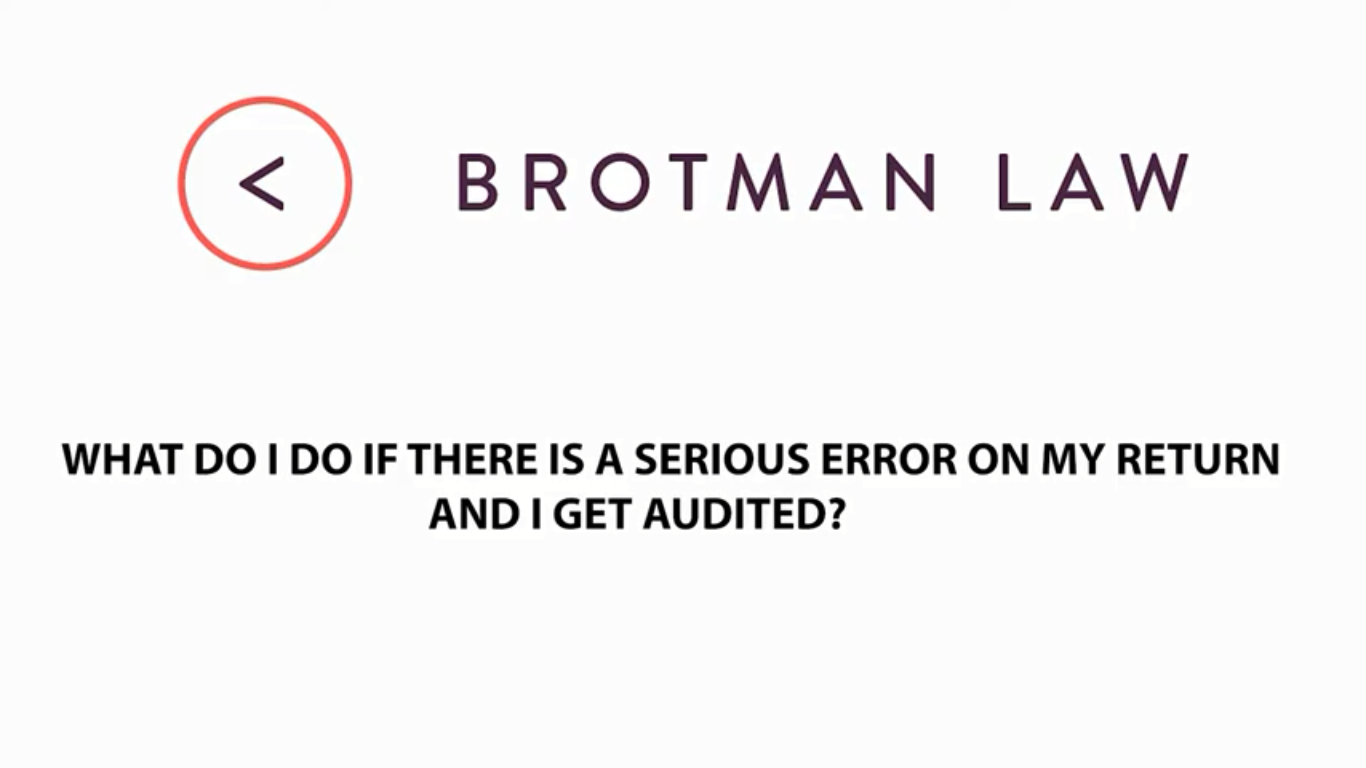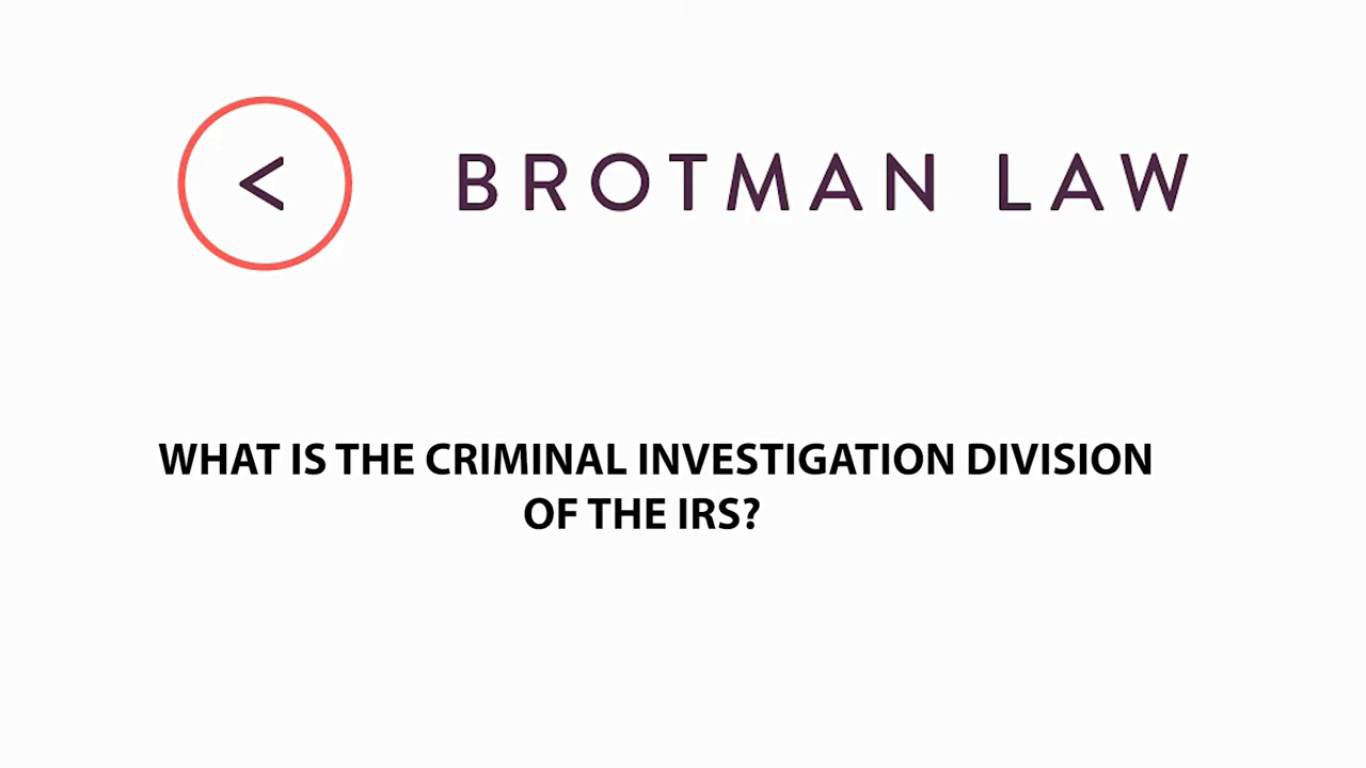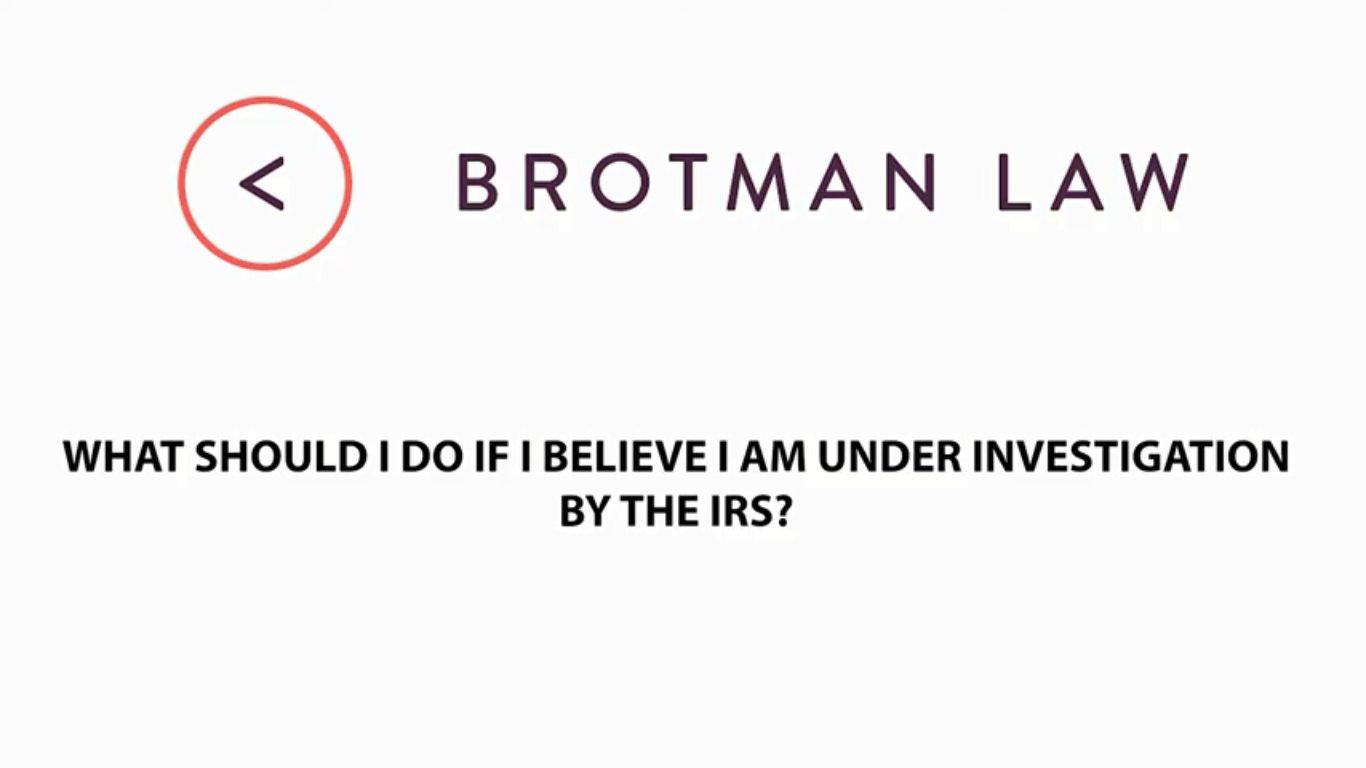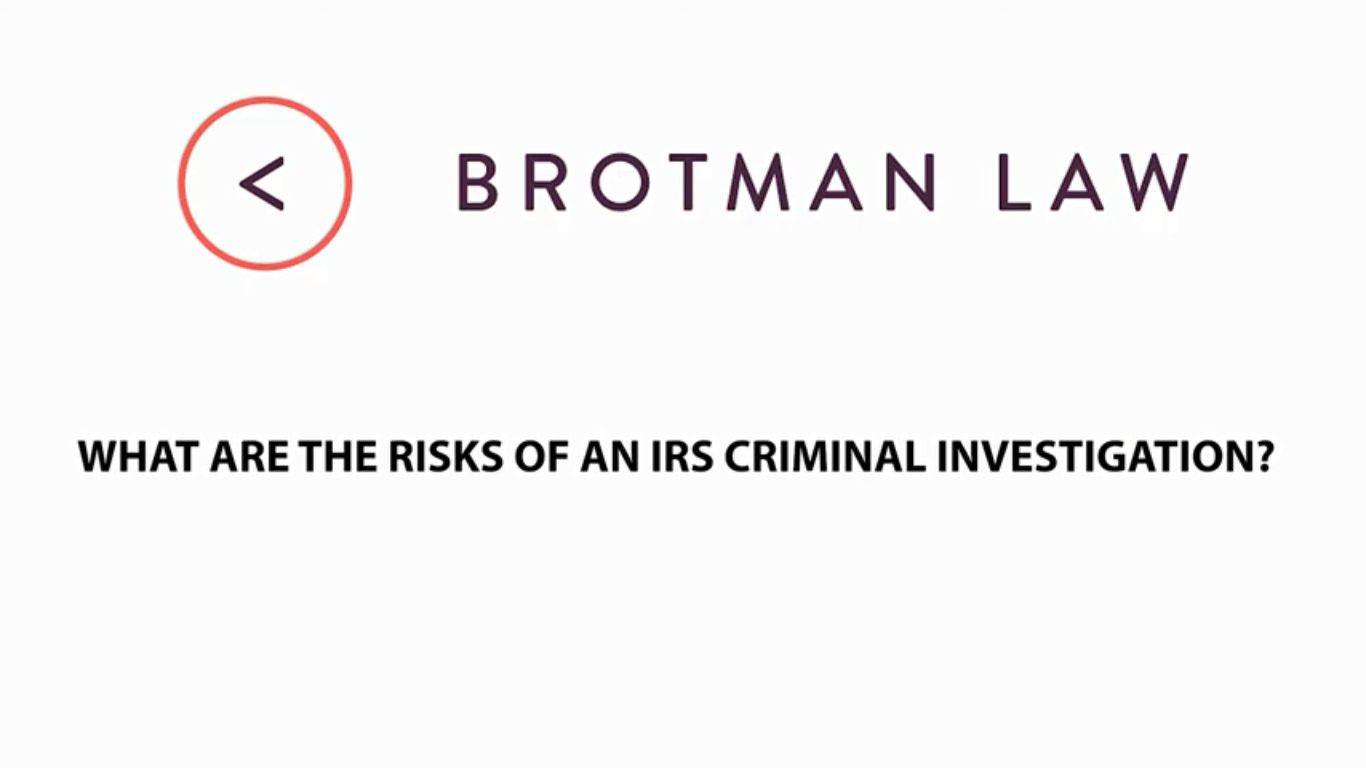This is a common question we get from prospective clients. I get a lot of clients who are on the East Coast for example and they’re in New York or North Carolina or Florida or any one of those Atlantic states and they say “well I’m all the way over here, I’ve never been to California, I don’t like to travel to California, I don’t plan on going to California so if I owe money in California for state sales tax, for state income tax liability, what can they really do to me?” And the answer to that is they can do a whole lot to you. The reason for that is while you may not have contact with California and you may not step foot in California, probably the people that you do business with or the banking institutions that you use or the third parties that you use have some sort of nexus with California. For example, if you live on the East Coast and you use Bank of America, we have Bank of America branches in California.
rs-irs-audits
I Got a Notice in the Mail From California Asking Me to File a Tax Return. What Should I Do?
The state of California at least not yet the very first thing you want to do.
What Is Residency? Can I Be a Resident of More Than One State?
I live perspective and start thinking about it from a tax perspective and that’s where a lot of people get into trouble you.
What Do I Do If There Is a Serious Error on My Return and I Get Audited?
So the first thing you need to do if there’s a serious error on your return is to understand what your risk is. Was the error caused willfully? Was it not caused willfully? This is not the time to be an advocate. You need to answer yourself honestly because it’s always important to understand where the truth is in order to find out what your position is and the position you’re going to take in negotiating with the Auditor. If the error was a simple mistake and there’s no criminal liability, then the decision needs to be made on whether or not you’re going to disclose that to the auditor or not. If you don’t disclose it to the auditor and the auditor catches it later, there could be consequences in terms of penalties; however if you get out in front of the issue and disclose it, although you’re on
What Is the Criminal Investigation Division of the IRS?
The Criminal Investigative Division is exactly what it sounds like it is the central investigative.
What Should I Do If I Believe I Am Under Investigation by the IRS?
So if you’re watching this video and you believe that you’re being investigated criminally by the IRS, you probably have a good sense of why you’re being investigated and depending on how certain you are of this, you need to stop right now. You need to call an attorney and you need to retain a criminal tax attorney to help you. The reason for that is criminal investigations are multi-year investigations. They’re very focused, they’re very detail-oriented and the criminal agents that work these cases put in a lot of time. Often when the subject of these investigations or the target of these investigations become aware that a criminal agent is looking into their conduct, it’s already too late because the government is very far along on the case. They’ve started either contacting third party witnesses, they’ve contacted the subject or target directly, or they’ve taken other action to make their presence known. They don’t make their presence known unless they’re pretty far along in their case. In the beginning they go knock on somebody’s door, but know they’re working behind the scenes. They’re looking at tax returns that were filed, they’re looking at other source documents, they’re looking at information, they’re pulling bank records and they’re building a case. Only after they’ve built that case and they’re certain or fairly certain that they’re going to attain a conviction do they go out in the field and start collaborating. So by the time you become aware that a criminal agent is on to you they may be very very far along or you may be almost the point
What Should I Do If I Am Visited by a Special Agent?
The special agents card they travel in pairs so you’ll often be visited by two of them get the special agent card.
What Does the IRS Criminal Investigation Process Look Like?
So there are two answers to this question. Number one is “What does the IRS criminal investigation process look like from the IRS site?” and number two “What does it look like?” So from the IRS side of things, the criminal investigation process begins with a referral. The IRS doesn’t just sit in their office and pick people at random to initiate criminal investigations. What usually happens is a referral will come into the criminal investigative unit either through an audit or through a collections officer or through a whistleblower or through some other third party government investigation. So CI will take that lead and they’ll examine the information that’s being presented in the referral and then decide whether they want to devote investigative resources to looking at that case or not. If they do decide that they want to devote investigative resources then CI invokes on a fact-finding mission. So CID cases take many years to build in a lot of cases and so what they’re doing is they’re constantly looking for information. They’re trying to develop a case and the goal is when CI puts a case in the hands of a United States attorney, that US attorney has every tool they need in order to secure a conviction. So CI agents take their time. They’re very meticulous, they’re very careful and it’s only after they take great care and caution that they let their investigation be known to the public or to the subject or target of that investigation. The client may or may not be aware that CI is involved.
What Are the Risks of an IRS Criminal Investigation?
The US Attorney’s Office have a 90 percent conviction rate when it comes to criminal tax cases.
